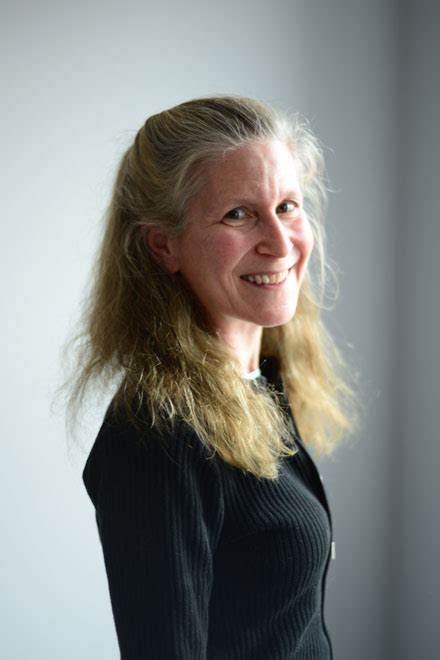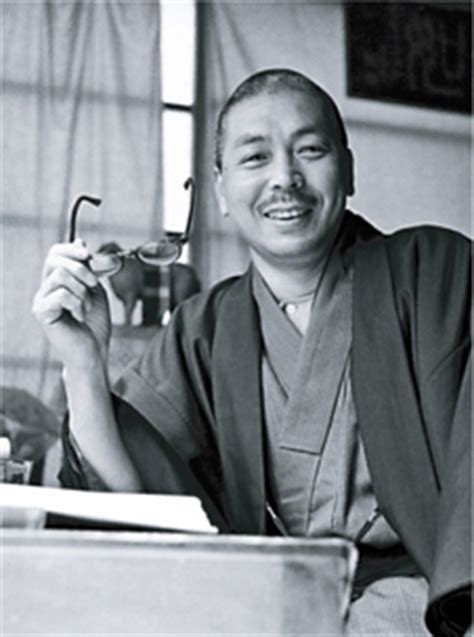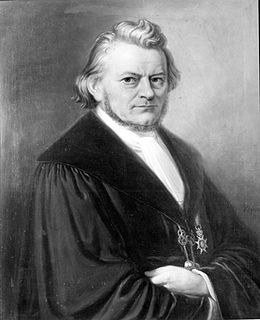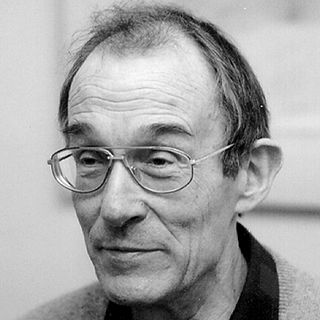A Quote by Aristotle
The purpose of the present study is not as it is in other inquiries, the attainment of knowledge, we are not conducting this inquiry in order to know what virtue is, but in order to become good, else there would be no advantage in studying it. For that reason, it becomes necessary to examine the problem of our actions and to ask how they are to be performed. For as we have said, the actions determine what kind of characteristics are developed.
Related Quotes
And here one must not that hatred is acquired just as much by means of good actions as by bad ones; and so, as I said above, if a prince wishes to maintain the state, he is often obliged not to be good; because whenever that group which you believe you need to support you is corrupted, whether it be the common people, the soldiers, or the nobles, it is to your advantage to follow their inclinations in order to satisfy them; and then good actions are your enemy.
Not alone to know, but to act according to thy knowledge, is thy destination,--proclaims the voice of my inmost soul. Not for indolent contemplation and study of thyself, nor for brooding over emotions of piety,--no, for action was existence given thee; thy actions, and thy actions alone, determine thy worth.
The quality of everything we do: our physical actions, our verbal actions, and even our mental actions, depends on our motivation. That's why it's important for us to examine our motivation in our day to day life. If we cultivate respect for others and our motivation is sincere, if we develop a genuine concern for others’ well-being, then all our actions will be positive.
In order to align your life choices with your values, you will need to inquire about the effects of your actions (and inactions) on yourself and others. Although we are always stumbling upon new knowledge that shifts our choices and life direction, bringing conscious inquiry to life means that we continually ask questions that lead us to the information we need to make thoughtful decisions. Asking questions is liberating because we develop great understanding and discover more choices with our new knowledge
The pleasure of a good act is something to be remembered - not in order to feed our complacency but in order to remind us that virtuous actions are not only possible and valuable, but that they can become easier and more delightful and more fruitful than the acts of vice which oppose and frustrate them.
If we state the function of man to be a certain kind of life, and this to be an activity or actions of the soul implying a rational principle, and the function of a good man to be the good and noble performance of these, and if any action is well performed when it is performed in accordance with the appropriate excellence human good turns out to be activity of the soul in accordance with virtue, and if there are more than one virtue, in accordance with the best and most complete.
We ask for what reason our Lord was unwilling to state the time of His coming (cf. Mk. 13:31-32). If we ask it, we shall not find it is owing to ignorance, but to wisdom. For it was not to our advantage to know; in order that we being ignorant of the actual moments of judgment to come, might ever be as it were on guard, and set on the watch-tower of virtue, and so avoid the habits of sin; lest the day of the Lord should come upon us in the midst of our wickedness.
People's conceptions about themselves and the nature of things are developed and verified through four different processes: direct experience of the effects produced by their actions, vicarious experience of the effects produced by somebody else's actions, judgments voiced by others, and derivation of further knowledge from what they already know by using rules of inference
We certainly have to have a view about knowledge in order to decide whether some version of foreknowledge is necessary for inquiry or whether some philosopher or other thinks it is. Roughly, the more demanding our conception of knowledge is, the less plausible foreknowledge is; the weaker our conception of knowledge is, the more plausible foreknowledge is.
Smith could not be expected to have anticipated the horrors that were to come. But even in his own time, he was a defender of certain state actions that he thought necessary in order to safeguard the good effects of commercial society (Smith did not speak of 'capitalism' and was acquainted only with an early undeveloped form of it). Among these state actions the chief was general public education.







































